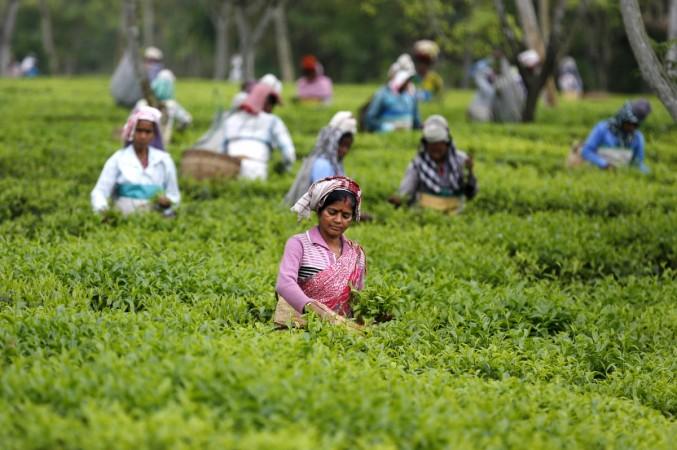
To boost production and promote exports of plantation crops like tea, coffee and spices, the commerce ministry is planning to bring the commodity boards under one umbrella.
How much money do Indian celebs get for attending fashion shows?
The five commodity boards, a few of which were established way back in 1940s, are responsible for production, development and export of tea, coffee, rubber, spices and tobacco. A merger of these boards could help in harmonising their activities and boost exports.
The Coffee Board, which is a statutory organisation, was constituted under the Coffee Act, 1942. Similarly, the Rubber Board was set up under the Rubber Act, 1947; Tea Board was established in April 1954 under the Tea Act, 1953; Tobacco Board was constituted in January 1976, while the Spices Board was formed in February 1987.
"India has a huge potential to boost agri exports. One board will provide better services. So, we are working to form one specialised body with different verticals," a senior commerce ministry official said.
Meanwhile, the Securities Exchange Board of India (Sebi) has allowed options trading in commodity markets. The regulator approved a draft amendment to Securities Contracts (Regulation) Act to allow commodity derivative exchanges to deal in options, CNBC-TV18
reported.
In September last year, the Sebi said in a statement that introducing options would help in the country's push "for the overall development of the commodity derivatives market."
New Sebi chairman Ajay Tyagi, who will replace UK Sinha, will take over from March 1.

















